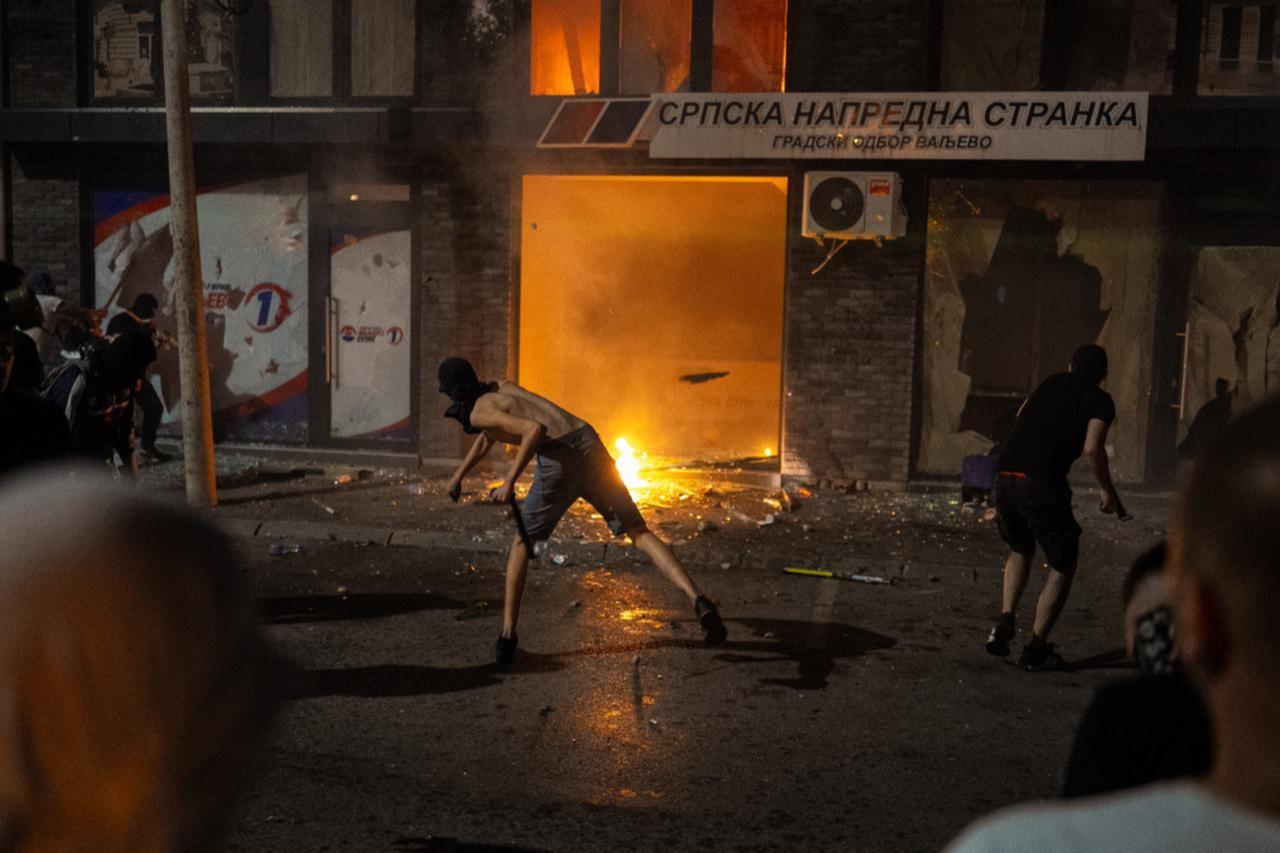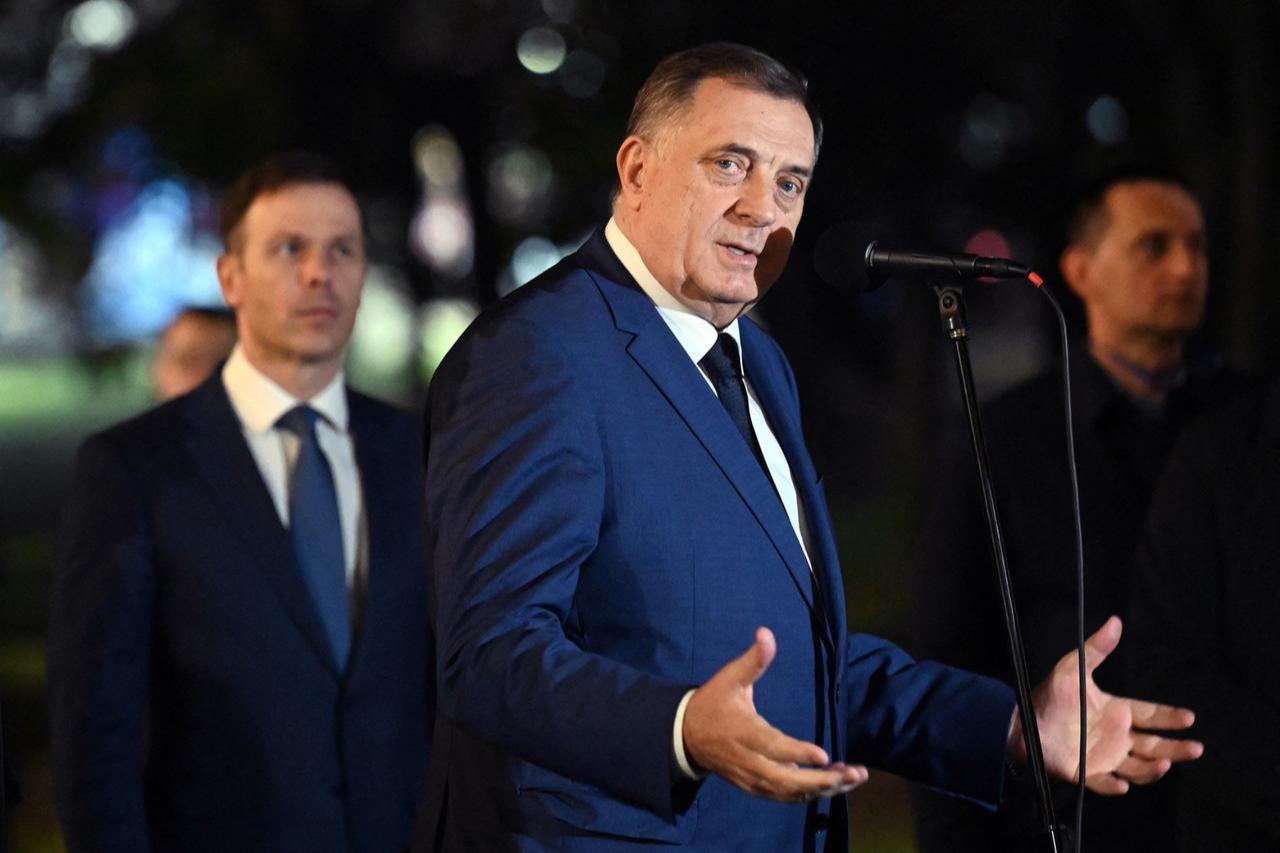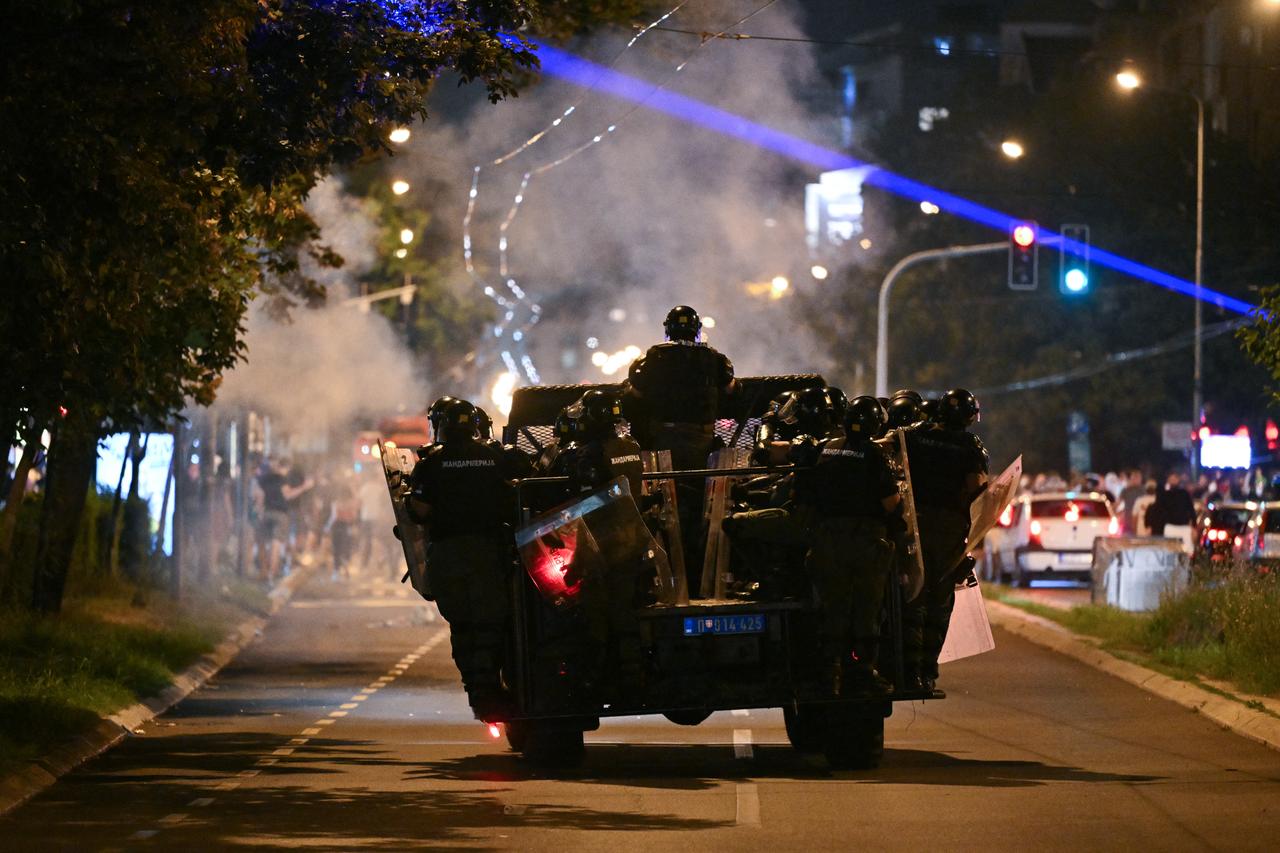
Russia's Foreign Intelligence Service accused the European Union on Sunday of orchestrating youth-led unrest in Serbia as part of an effort to install a government loyal to Brussels.
The SVR alleged that EU officials plan to exploit the anniversary of tragic events in Novi Sad on November 1, which initially sparked the protest movement. "European elites are determined to use the anniversary of the tragic events in Novi Sad on November 1, which became the trigger for protest actions," the intelligence agency said in a statement. "A special role is assigned to supposedly independent media."
The Russian service claimed the EU's strategy for organizing what it termed a "color revolution" in Serbia has faltered due to strong patriotic sentiment among Serbians and their preserved historical memory.
According to the SVR, Brussels-affiliated non-governmental organizations have provided substantial financial support to Serbian news portals including FoNet, RAM Network, Vreme, Juzne Vesti, Slobodna rec, Boom93, Podrinske, Freemedia, Indjija, SOinfo, FAR, and Storyteller, as well as the NGO Link.

The allegations come as Serbia continues to experience significant political tensions. On September 13, Serbian President Aleksandar Vucic told journalists in Banica that the "color revolution" in Serbia had failed and called for national reconciliation.
Earlier that day, Vucic claimed in an interview with Informer TV that foreign intelligence services had spent $4 billion attempting to organize street riots to overthrow his government. While Vucic said he possessed a list of countries involved in the alleged coup attempt, he declined to make it public.

The current wave of anti-government protests began following a November 2024 tragedy at Novi Sad's railway station, where 15 people died when a concrete canopy collapsed. Opposition groups and demonstrators have since blocked bridges and roads across the country.
In July, Vučić warned protesters against blocking cities and threatened countermeasures. However, street demonstrations have intensified since August 2025, becoming increasingly large-scale and violent according to reports.
The protests have been one of the most significant challenge to Vucic's rule since he came to power, with demonstrators demanding accountability for the Novi Sad disaster and broader government reforms.
Serbia has historically maintained close ties with Russia while pursuing EU membership, creating a complex geopolitical position that has drawn international attention to the current unrest.